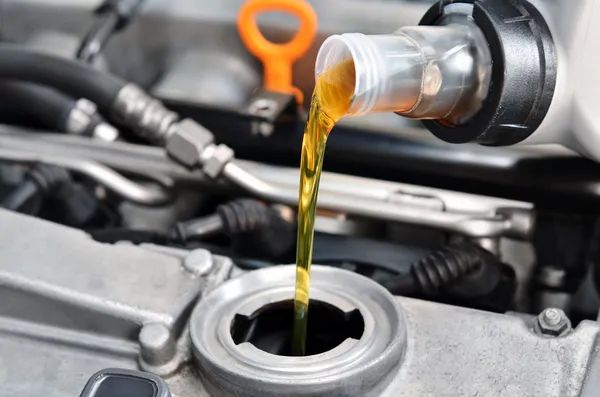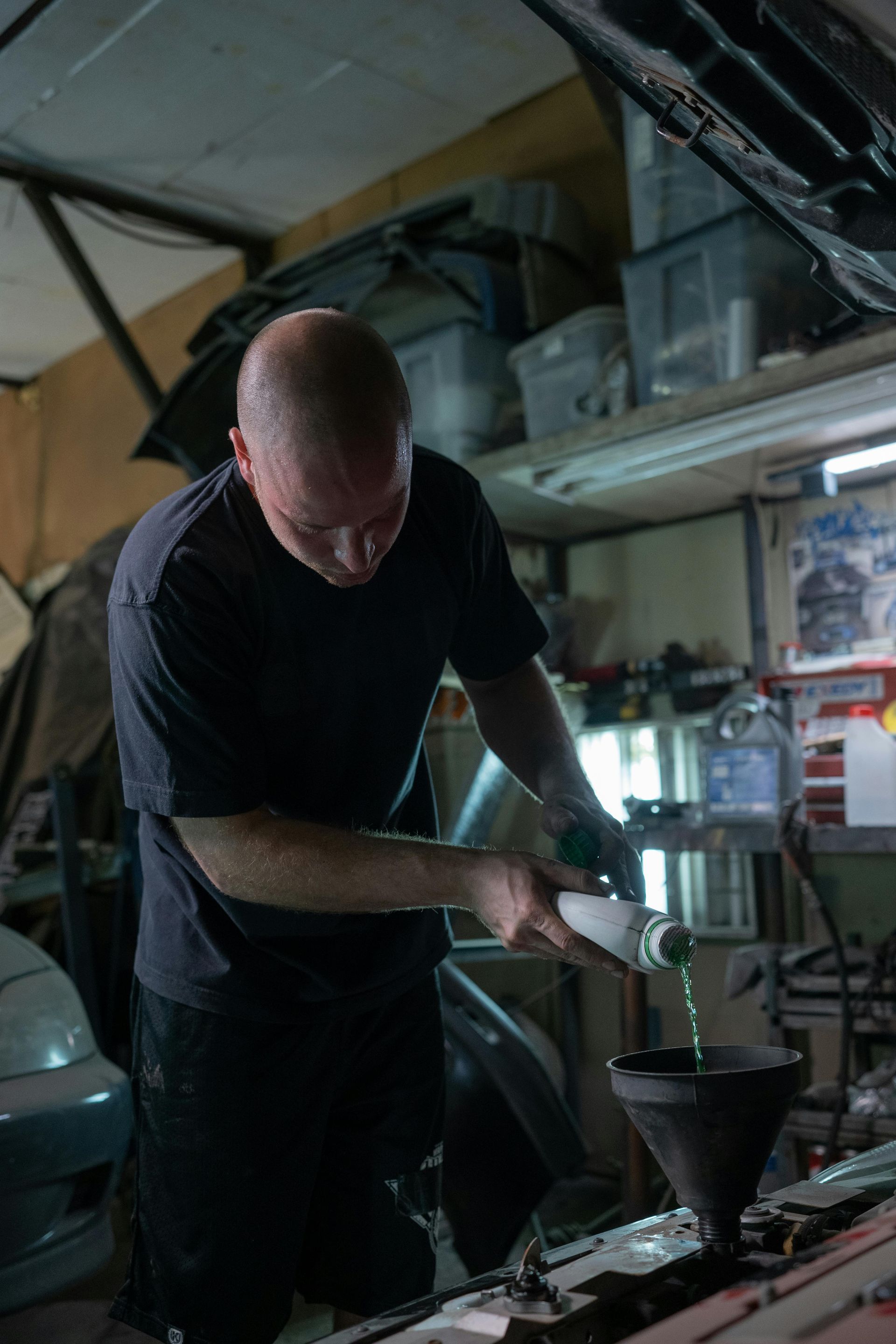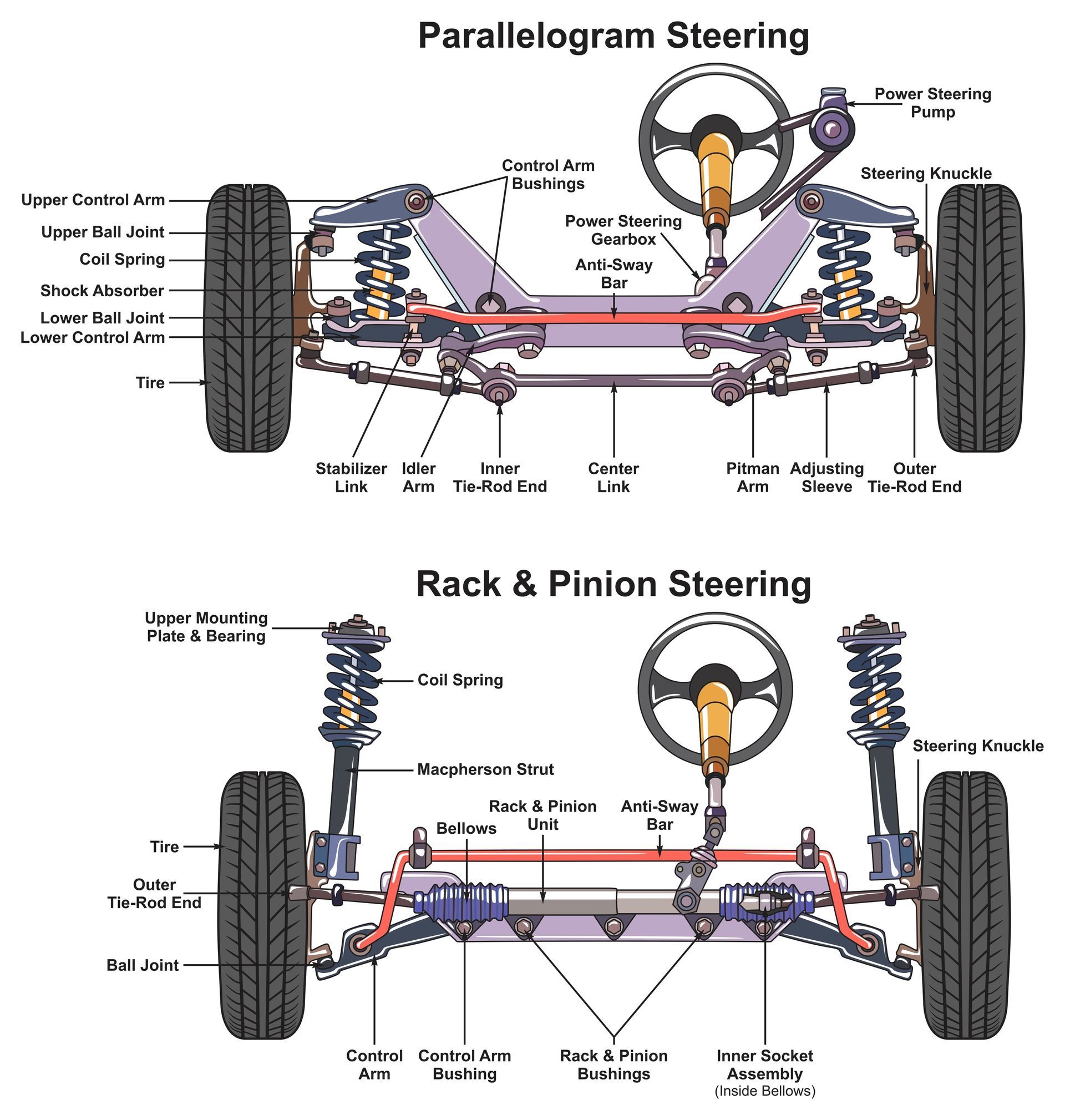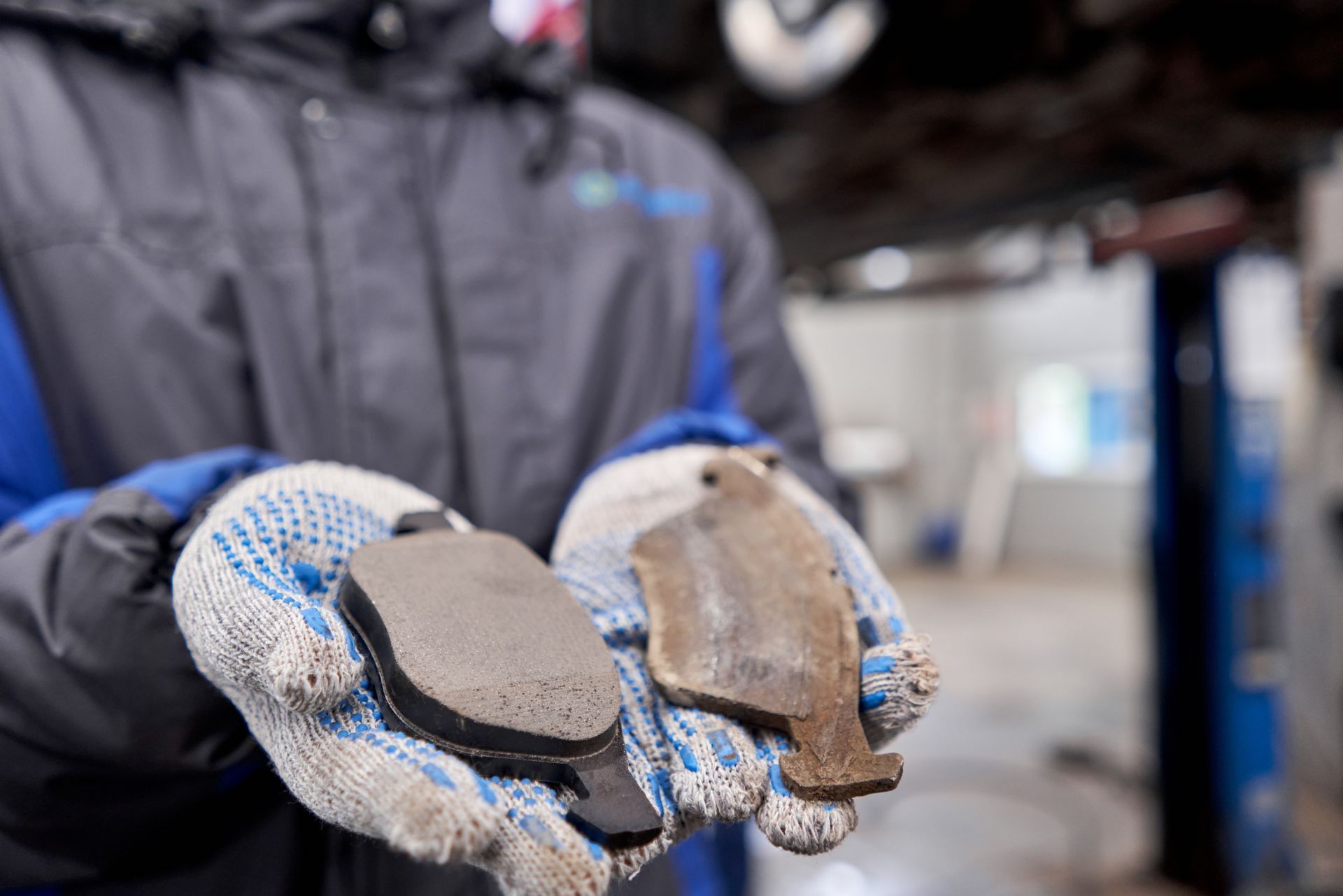The body content of your post goes here. To edit this text, click on it and delete this default text and start typing your own or paste your own from a different source.

We get it—life’s busy. Between work, family, and errands, it’s easy to ignore that little dashboard light or the weird sound your car makes when you turn the wheel. But here’s the thing: your car is talking to you—and regular maintenance is how you listen. Think of your vehicle like a co-worker who never calls in sick. It’s there every morning, ready to go. But if you don’t take care of it? One day it might just say, “Nope, not today,” and leave you stranded. And let’s be real: there’s no such thing as a convenient breakdown.

Why Most Drivers Miss Oil Changes, and How to Fix It Imagine this: you go in for a quick errand, just 20 minutes. You hop back in the car, and suddenly that little oil light flicks on. “I’ll get to it next week,” you think. Then next week turns into next month. Sound familiar? Oil changes are the most skipped maintenance service in the U.S.—and they’re also the most important. In fact, 87% of drivers delay their oil changes past the recommended interval , risking thousands in engine repairs without even realizing it. Let’s break down why this happens—and how to stop the cycle before your engine pays the price.

Imagine if your car could talk. What would it say? Probably something like: “Help! My coolant’s cooking, my transmission fluid’s toast, and my brake fluid’s feeling neglected.” Your car can’t speak—but its fluids do. You just need to know how to listen. Welcome to the overlooked world of automotive fluid diagnostics, where color, smell, and texture can tell stories about your vehicle’s health. If you're driving around Houston, battling heat, traffic, and the occasional pothole, this matters a lot.







